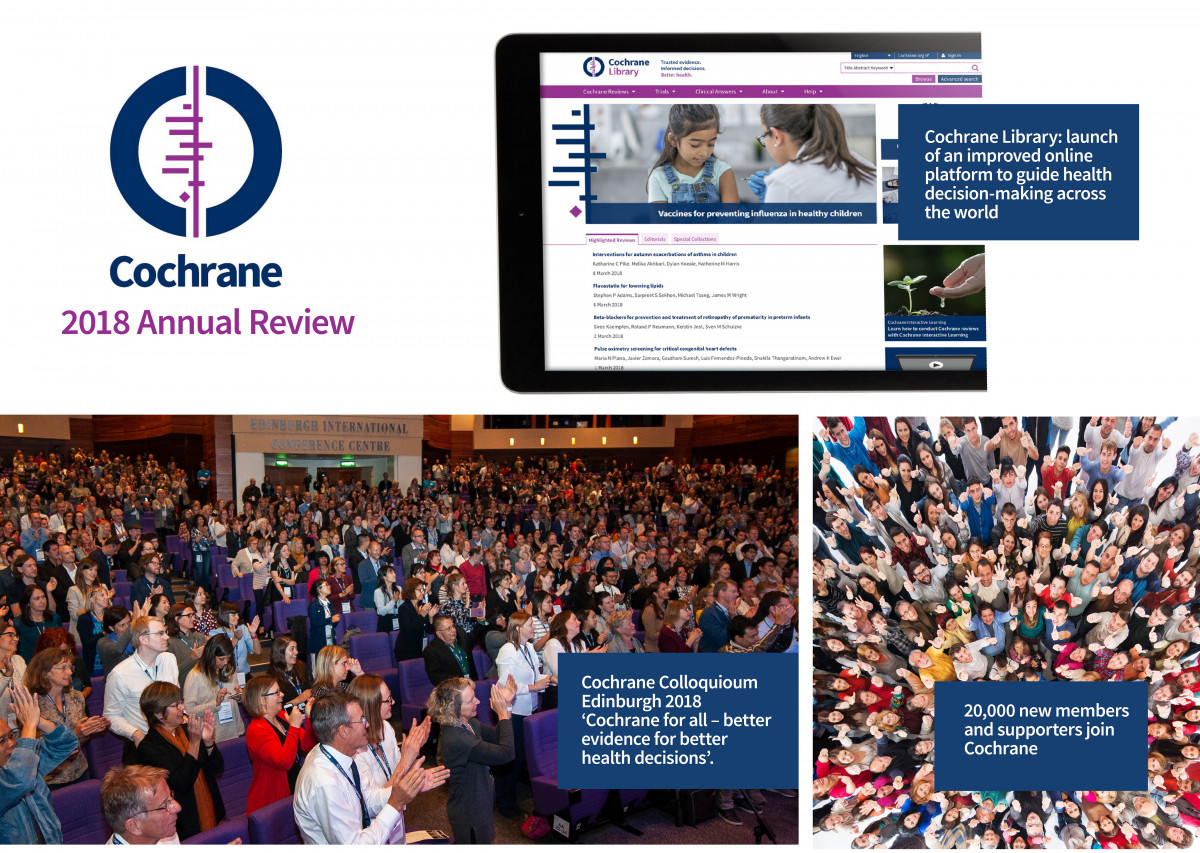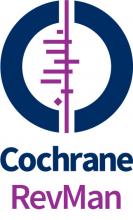Cochrane Colloquium Awards and Prizes - Deadline 2 August 2019

Every year Cochrane awards members of its Community a range of prizes that highlight high-quality methodological research through to supporting health decision-making in developing countries, and contributors who have made a significant contribution to the organization.
The prizes and awards that are presented at the annual Colloquia, will this year be awarded at the Santiago Colloquium from the 22-25 October 2019.
You have until the 2 August 2019 to make your nominations.
Submissions to the Kenneth Warren Prizes, Bill Silverman Prize, and the Anne Anderson Award can be made through this online survey.
To find out more about each prize and the criteria, please click on the links below:
The Kenneth Warren Prize is awarded to the principal author of whichever Cochrane Review authored by a national living in a developing country is judged to be both of high methodological quality and relevant to health problems in developing countries.

The Chris Silagy Prize is awarded to an individual who has made an "extraordinary" contribution to the work of Cochrane which would not be recognized outside the scope of this prize.

The Bill Silverman Prize is awarded to acknowledge explicitly the value of criticism of Cochrane, with a view to helping to improve its work, and thus achieve its aim of helping people make well-informed decisions about health care by providing the best possible evidence on the effects of healthcare interventions.

The Anne Anderson Award is awarded to a female member of Cochrane who has made a significant contribution to the enhancement and visibility of women's participation within Cochrane.

The Thomas C Chalmers Prize will also be awarded at the Santiago Colloquium to the principal author of the best oral and the best poster presentation addressing methodological issues related to systematic reviews. Submission to this prize closed on the 26 April 2019 alongside the closure of abstract submission for the Colloquium.


Learn more about the 2018 winners and their stories, here.














